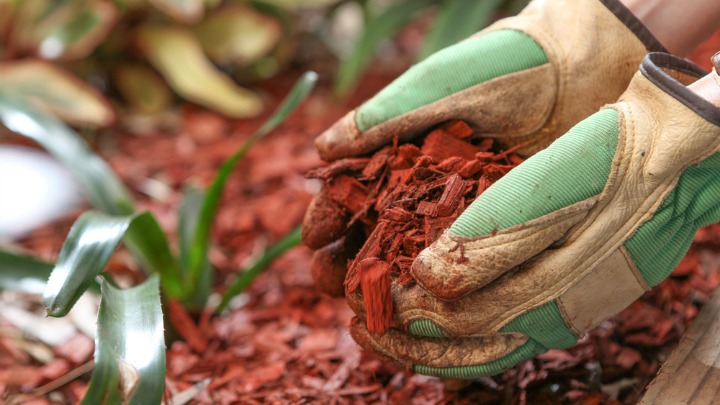
We’re well and truly into the last month of winter so now is the time to prepare for a fantastic spring!
There are several activities you can undertake in the garden this weekend.
Look after your lawn
With warmer weather just around the corner, you’ll soon want to start heading outdoors for barbecues and games on the lawn with the grandkids. If your lawn is looking a little tired from the winter months, here are two simple steps to getting it back into shape:
1. Lawn weed control. Bindi and clover weeds can take off during winter. Bindi can fill your last with nasty prickles and clover competes with your law by massing large clumps of foliage. You still have plenty of time to get the weeds under control and there are a number of hose-on applications that you can use to knock out clover and bindi weeds while not damaging your lawn. Just be sure to get the right application for your lawn type.
2. Lawn soil care and feeding. Once you’ve got your weeds under control you need to nurture your soil and feed your lawn. Add organic matter to the soil as it’s a fantastic way to improve the quality of your soil. It will also encourage earthworms and the beneficial microorganisms into your lawn.
Citrus and fruit trees
Chances are this will be the last opportunity you will have to get a bare rooted fruit tree into the ground if you want them to flush with fruit come spring. You need to be sure the soil in the area where you are going to plant the tree has been appropriately prepared — this includes providing plant food in the bottom of the hole as well as additional nutrients so that your plant will be encouraged to send out new roots.
If you have stone fruit such as peaches, nectarines or plums you’ll be familiar with leaf curl. In severe cases this disease can do more to your tree than just deform and discolour its leaves — it can affect the tree’s ability to photosythesise and this in turn impacts on fruit production and quality. You can prevent leaf curl by killing the disease spores before they infect newly emerging foliage and you’ll want to do this in late winter and early spring for the best results.
Potatoes
Ever wanted to grow your own spuds? Now is the time and it’s best to use seed potatoes rather than those from your local supermarket because seed spuds are certified ‘virus free’. If you’re new to growing potatoes you’ll want to get them into some deep, slightly acidic soil and you want the moisture levels to be good. Plant your seed potatoes about 15cm deep and layer with around 15cm of mulch. When you see the green shoots emerging you’ll want to add more layers of mulch and some dynamic lifter. It’ll be about four months before you have a fully mature potato and the mulch helps protects your spud from sunlight, which is what turns them green and makes them inedible.
If you’re looking for seeds to sow try Nasturtium, Petunia, Cleome, Carnation, Lettuce, Parsnips, Endive, Beetroot, Herbs, Radish and Cabbage.
Happy gardening!